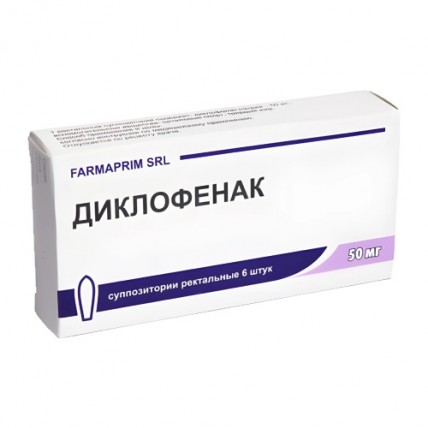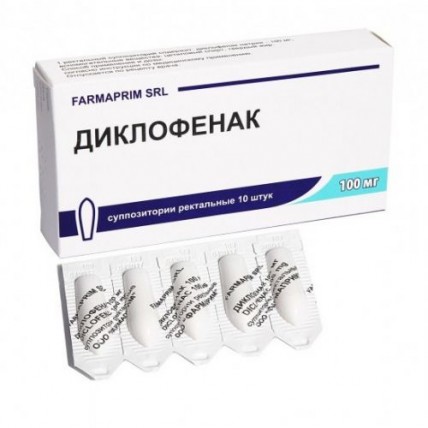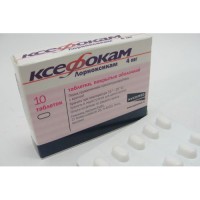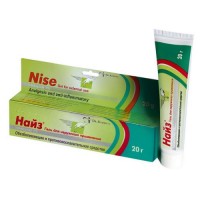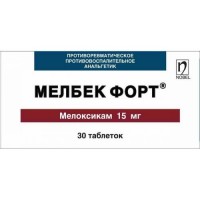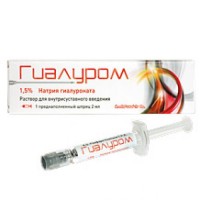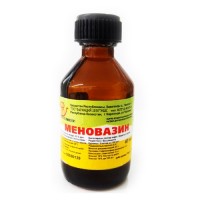Diclofenac Rectal Suppositories - 50 mg / 100 mg
- $5.00
What are Diclofenac Rectal Suppositories?
Diclofenac rectal suppositories are a form of nonsteroidal anti-inflammatory drug (NSAID) used to alleviate pain and reduce inflammation.
These suppositories are available in doses of 50 mg and 100 mg and are shaped cylindrically for easy rectal insertion.
They provide effective relief from various inflammatory conditions, moderate to severe pain, and fever.
By delivering the active ingredient diclofenac sodium directly through the rectal route, this method offers rapid absorption and onset of action.
How do Diclofenac Rectal Suppositories work?
Diclofenac works by inhibiting the activity of an enzyme called cyclooxygenase (COX), which plays a critical role in producing chemicals known as prostaglandins.
Prostaglandins are involved in causing inflammation, pain, and fever in the body.
By blocking their production, diclofenac helps reduce these symptoms. It has both peripheral and central mechanisms of action, working at the site of inflammation as well as in the nervous system to alleviate pain.
In addition, diclofenac helps reduce platelet aggregation, which is why it is effective in treating inflammatory conditions, both rheumatic and non-rheumatic in nature.
What conditions can Diclofenac Rectal Suppositories treat?
Diclofenac rectal suppositories are used to manage a variety of conditions, including:
- Rheumatic and degenerative joint diseases such as rheumatoid arthritis, osteoarthritis, and ankylosing spondylitis
- Spinal disorders like lumbago and sciatica
- Post-surgical and post-injury inflammation
- Kidney and gallbladder colic
- Severe migraine attacks
- Gynecological conditions like primary dysmenorrhea (painful periods) and adnexitis (inflammation of the uterine appendages)
- Ear, nose, and throat infections that cause significant pain (as part of combination therapy)
How should Diclofenac Rectal Suppositories be used?
Diclofenac rectal suppositories are intended for rectal use.
For adults, the typical dosage is 100 mg once a day or 50 mg twice a day.
The maximum daily dose should not exceed 150 mg.
For children over the age of 14, a lower dose of 50 mg can be administered 1 to 2 times a day.
It's essential to follow the dosage instructions provided by your healthcare provider to avoid overuse or potential side effects.
What are the possible side effects of Diclofenac Rectal Suppositories?
Like any medication, diclofenac can cause side effects, though not everyone experiences them.
Some possible side effects include:
- Gastrointestinal issues: Nausea, vomiting, stomach pain, diarrhea, and flatulence
- Nervous system reactions: Headache, dizziness, or insomnia
- Sensory disturbances: Tinnitus or blurred vision
- Allergic reactions: Skin rash or itching
- Local reactions: Irritation of the rectal area or hemorrhoid flare-ups
Rare but more severe side effects could include gastrointestinal bleeding, liver or kidney damage, and severe allergic reactions such as anaphylaxis.
If you experience any of these symptoms, discontinue use immediately and consult a healthcare professional.
Are there any precautions when using Diclofenac Rectal Suppositories?
Certain individuals should exercise caution when using diclofenac rectal suppositories. If you have a history of gastrointestinal issues (like ulcers or bleeding), heart conditions, liver or kidney impairment, or asthma, consult your doctor before using this medication.
Additionally, long-term use requires regular monitoring of liver and kidney function, as well as blood counts.
Can pregnant or breastfeeding women use Diclofenac Rectal Suppositories?
Diclofenac suppositories should be avoided during the third trimester of pregnancy.
During the first and second trimesters, they should only be used if absolutely necessary and under the guidance of a healthcare provider.
Breastfeeding mothers should either avoid using the medication or discontinue breastfeeding while on this treatment, as diclofenac can pass into breast milk.
How should Diclofenac Rectal Suppositories be stored?
Store diclofenac suppositories in a dry place, away from direct light, at temperatures between 15°C and 25°C (59°F to 77°F).
Keep them out of reach of children to avoid accidental ingestion or misuse.
